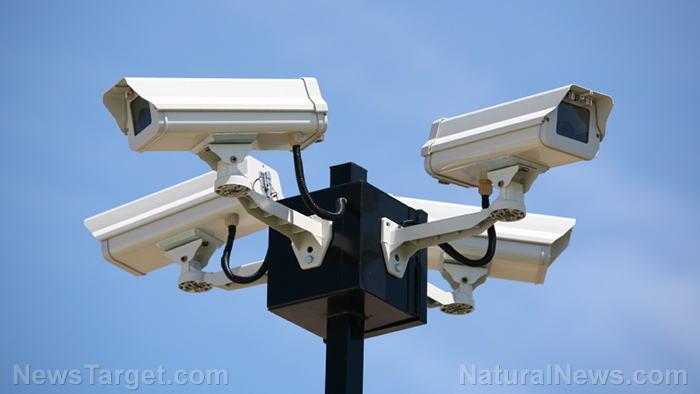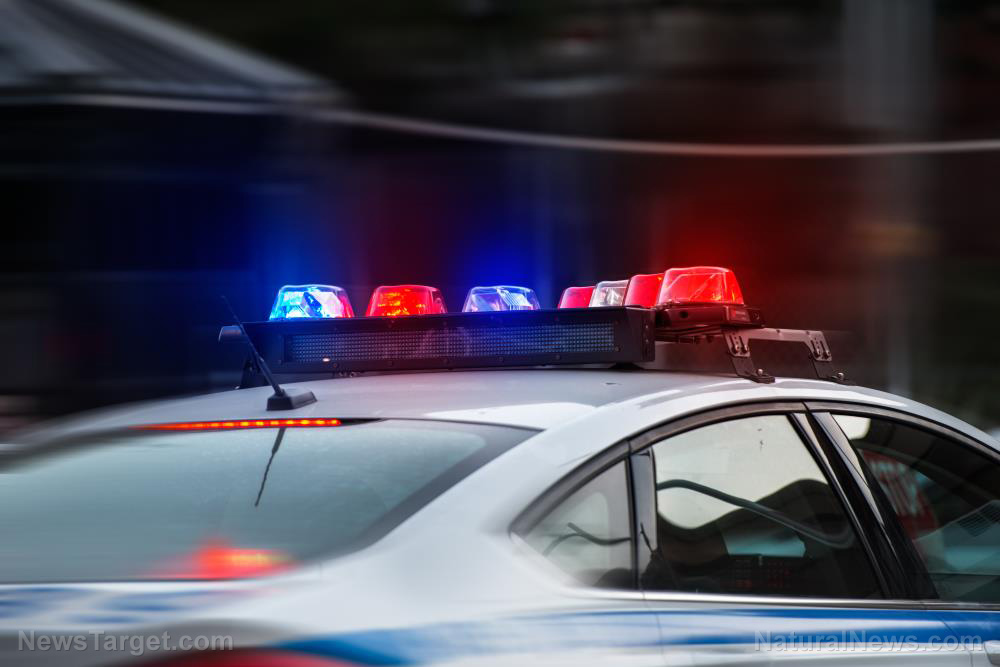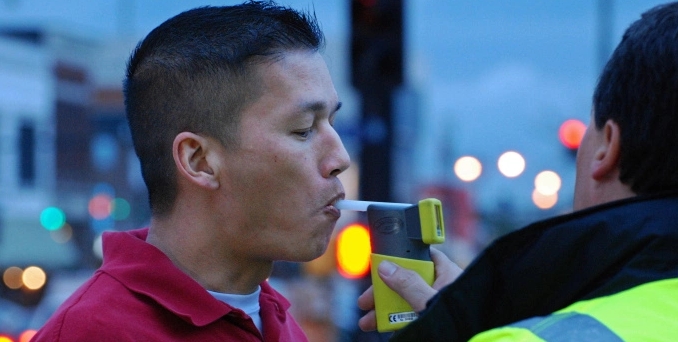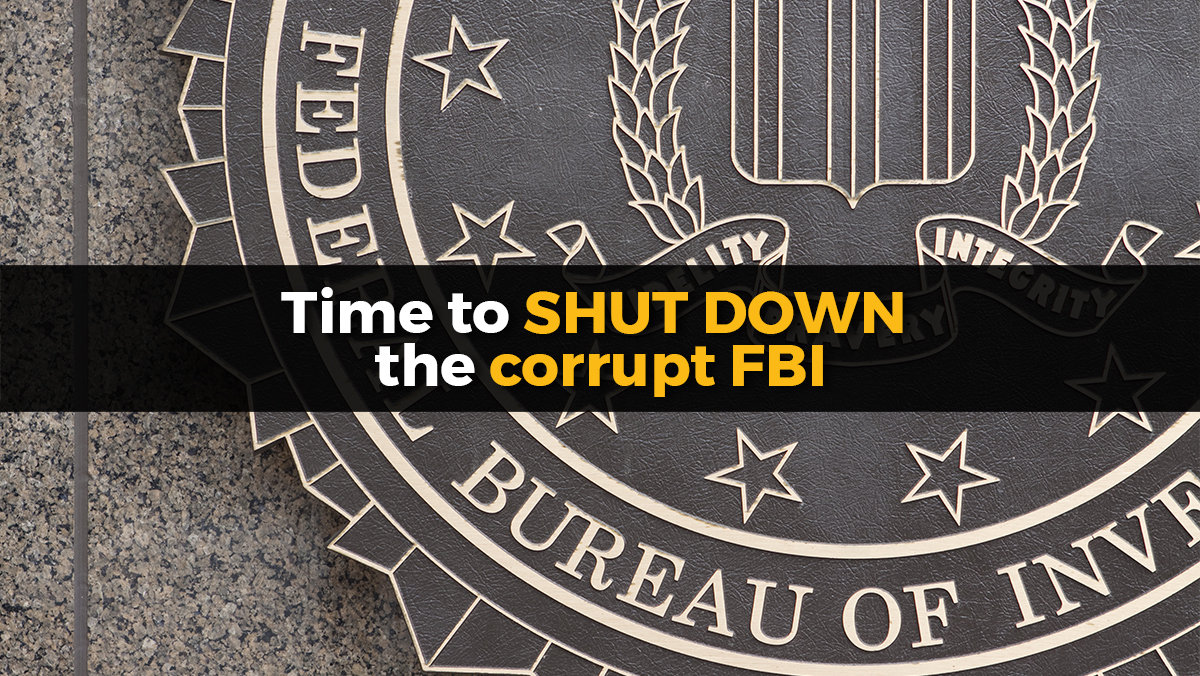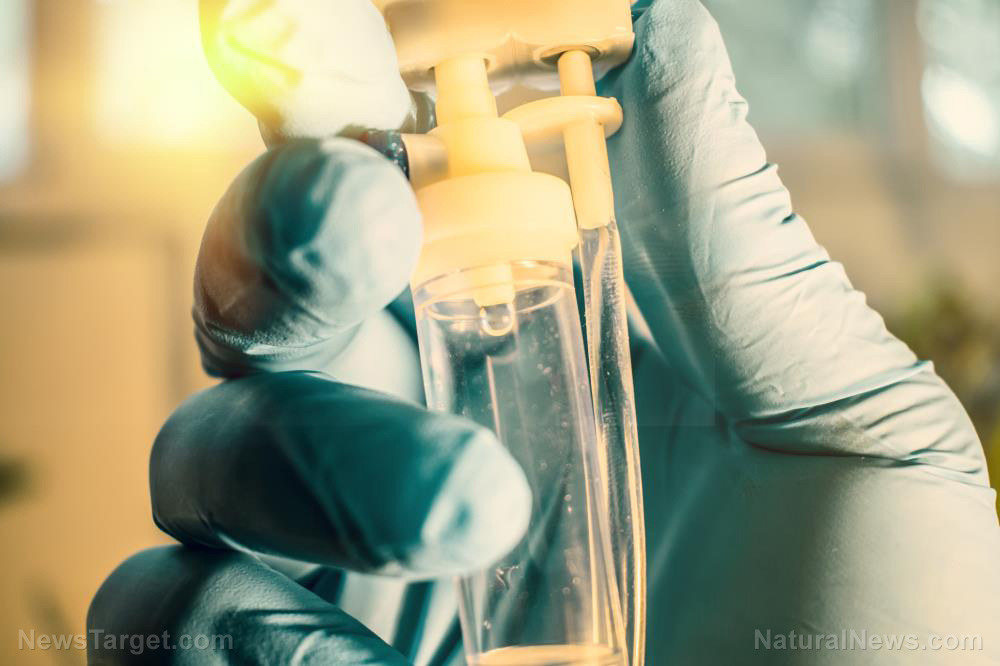Law enforcement routinely uses fake science as an excuse to arrest and imprison people
11/18/2019 / By Ethan Huff

All across this country of ours, police officers are pulling people over and subjecting them to so-called “breathalyzer” tests that, truth be told, are completely inaccurate and unreliable. And yet the continued use of these phony devices is often justified using the excuse that they “keep our roads safe” from drunk drivers – when, in reality, they simply increase cash flow and convictions for corrupt law enforcement agencies.
While drinking and driving is never a good idea, the vast majority of those who consume alcohol at some point before getting into their cars to head home aren’t actually drunk. In many cases, drivers are pulled over not for observable reckless driving, but because they were spotted leaving an establishment that serves alcohol, which police officers know they have a pretty good chance of criminalizing simply by administering a breathalyzer test.
In other words, many drivers who are subjected to breathalyzer tests aren’t actually drunk, nor were they driving dangerously at the time when they were pulled over and detained by police officers. But because inaccurate breathalyzer tests have a strong potential to “prove” that a driver is drunk using “science,” or so we’re told, he or she ends up becoming yet another victim, or statistic, in this massive breathalyzer test scam.
It happens all the time, which is why courts in New Jersey and Massachusetts threw out more than 30,000 breathalyzer test results just in the past year alone, according to an in-depth investigation conducted by The New York Times. Most of these throw-outs were due to “human errors” and “lax governmental oversight,” The Times revealed, further showing that law enforcement is more concerned with civil asset forfeiture and sending people to prison than with accurately assessing a driver’s true level of impairment.
Breathalyzer companies refuse to allow the accuracy of their equipment to be properly scrutinized
As it turns out, breathalyzer testing equipment is manufactured by just a handful of companies, none of which have shown any willingness whatsoever to have their technology scrutinized for accuracy. In fact, breathalyzer companies insist upon keeping their “proprietary” technologies a secret, which means people who are arrested have no real recourse when it comes to challenging the results.
Not only that, but in most cases breathalyzer machines that are used both in the field and at police stations aren’t even properly calibrated. They’re extremely sensitive devices that can be thrown off by the slightest change in moisture, for instance, and yet law enforcement agencies are not being required to get them calibrated and subsequently tested as they continue to destroy people’s lives based on inaccurate readings.
“The company that makes the machines for the police stations won’t share its technology or submit to a serious scientific review of its technology,” explains Jeffrey Tucker, Editorial Director for the American Institute for Economic Research (AIER). “Lives are being ruined even as the evidence piles up that vast numbers of arrests for ‘drunk driving’ are wholly bogus.”
It’s all a big scam to enrich corrupt law enforcement agencies that care more about collecting cash and other assets while imprisoning innocent people than with truly keeping our roads safe from actual drunk drivers. As Tucker puts it, the breathalyzer test allows law enforcement to incriminate people not for their actions as drivers, but instead for the numbers that are spit out by devices that don’t actually work.
“As it turns out, the only scientific way to determine blood-alcohol content is with blood tests,” he writes. “There are too many variables to make the breath alone reliable and yet breathing tests are the whole basis of drunk-driving enforcement.”
“There was always a potential for injustice at the heart of the rule against drunk driving since enforcement would always be based not on evidence of reckless driving but rather on the content of one’s blood,” he adds. “It was that which was being criminalized.”
Now law enforcement is trying to usher in similar fraudulent tests for cannabis
This is also a problem with “drug” testing, it turns out. Remember the infamous case of Annie Dookhan, a lab worker based out of Boston, Massachusetts, who faked thousands of blood test results that led to people being imprisoned for crimes they never actually committed? Or how about the DNA Lab at the Austin Police Department in Texas that was shut down for using improper and outdated testing that turned up false positive results?
We’re also seeing a similar push in some states, mostly in the police-state south, that are trying to come up with tests for tetrahydrocannabinol, or THC, the primary psychoactive compound in natural cannabis. Because police departments make a ton of money arresting and imprisoning people for cannabis, areas where there’s a citizens push to legalize are seeing demands from corrupt law enforcement gangs to implement phony THC testing protocols that will incriminate people for having THC in their systems, even though THC can stick around for weeks after it was smoked or ingested.
“There are lessons here. The combination of state power and pseudoscience is a dangerous one,” Tucker concludes about the immense dangers of handing over the keys to the scientific kingdom to corrupt law enforcement agencies.
“Criminalizing something that depends on the scientific accuracy of some secret test rather than observable behavior is itself fraught with dangers. The state cannot be trusted to police its own application of science in service of itself. It will always face an incentive to exaggerate to gain more money and more convictions.”
For more related news, be sure to check out PoliceState.news.
Sources for this article include:
Tagged Under: abuse, arrests, bias, breathalyzers, deception, Drunk driving, law enforcement, police state, real investigations
RECENT NEWS & ARTICLES
COPYRIGHT © 2017 POLICE STATE NEWS


